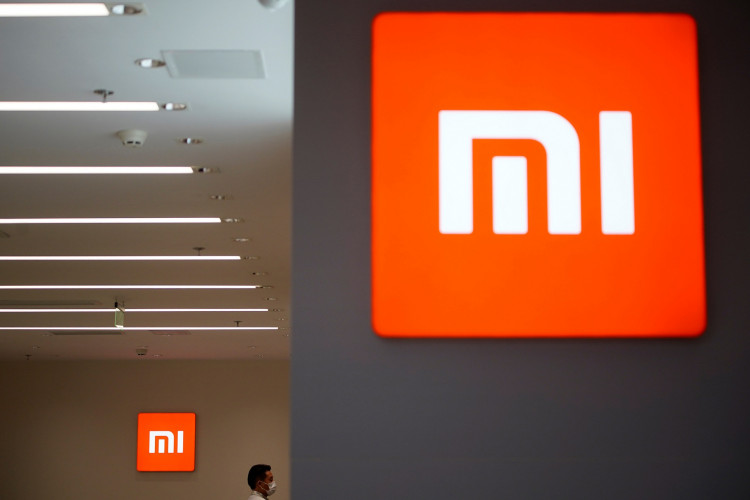Xiaomi Corp reported a 30.5% increase in third-quarter revenue, driven by strong sales of its debut electric vehicle (EV), the SU7 sedan, which has attracted significant consumer interest since its launch in March.
The Chinese electronics giant announced revenue of 92.5 billion yuan ($12.77 billion) for the quarter ended September 30, surpassing analyst expectations of 91.1 billion yuan. The positive results reflect Xiaomi's successful entry into the crowded Chinese EV market, buoyed by an affordable starting price of under $30,000-roughly $4,000 cheaper than Tesla's base Model 3 in China.
Xiaomi's EV business contributed revenue of 9.5 billion yuan ($1.3 billion) for the quarter, marking a 52.1% increase from the previous quarter. Deliveries of the SU7 series totaled 39,790 units during the quarter, bringing cumulative deliveries to 67,157 units since the model's launch. The company is now aiming to deliver 130,000 units by the end of 2024, a significant increase from its initial target of 76,000. To meet growing demand, Xiaomi has doubled production shifts and introduced a premium variant, the SU7 Ultra, priced above $110,000.
Despite strong sales growth, Xiaomi's EV business remains unprofitable, reporting an adjusted net loss of 1.5 billion yuan for the quarter, with a gross margin of 17.1%. The average selling price of the SU7 rose 4.4% quarter-over-quarter to 238,650 yuan, driven by increased sales of higher-end variants like the SU7 Pro and SU7 Max. Xiaomi's broader innovative business, which includes EVs, generated 9.7 billion yuan in revenue, accounting for 10.5% of the company's total revenue.
Company founder, chairman, and CEO Lei Jun reiterated Xiaomi's ambitious EV sales targets in a post on social media platform Weibo, emphasizing the company's commitment to the automotive market. "We are confident in achieving our new target of 130,000 deliveries this year, driven by strong consumer demand for our innovative SU7 series," Lei stated.
Xiaomi's expansion into the automotive sector marks a pivotal shift for the company, historically known as the world's third-largest smartphone maker. During the third quarter, Xiaomi maintained its position with 42.8 million smartphone shipments, capturing 14% of the global market, according to research firm Canalys. The smartphone segment saw a modest 3% increase in shipments year-over-year, contributing to an adjusted net profit of 6.25 billion yuan, up 4.4% from the previous year.
Industry analysts have noted that Xiaomi's foray into the EV market places it in competition with established players such as Xpeng and Nio. Xpeng reported second-quarter revenue of 8.11 billion yuan and delivered 30,207 vehicles, while Nio reported revenue of 17.45 billion yuan with 57,373 deliveries. Xiaomi's gross margin for its innovation business, including EVs, compares favorably at 17.1%, higher than Xpeng's 14.0% and Nio's 9.7% during the same period.
To support its automotive expansion, Xiaomi has established 127 car sales stores across 38 cities in mainland China. This growing retail presence reflects the company's strategic investment in capturing market share amid rising competition. However, challenges persist, as Xiaomi's automotive unit must contend with high production costs, reflected in a cost of sales totaling 8 billion yuan for its innovative business in the third quarter.
Huatai Securities projects that Xiaomi will deliver 400,000 EVs by 2025, with electric cars expected to contribute roughly 20% of the company's revenue by then, compared to the current 8%. While Xiaomi's EV business remains in its early stages, the company's strategic focus on innovation and competitive pricing has positioned it as a formidable player in China's rapidly evolving automotive market.





